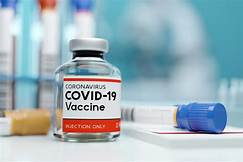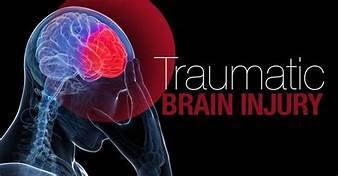HAPPY PEOPLE DON'T SWEAT THE LITTLE STUFF

HAPPY PEOPLE DON'T SWEAT THE LITTLE STUFF Suppose you drop your morning coffee, and it splatters everywhere. Later a colleague drops by to say hello. Do you grumble a testy acknowledgment or cheerfully greet her? In a new study on brain activity led by University of Miami psychologists, researchers found that how a person's brain evaluates fleeting negative stimuli -- such as that dropped cup -- may influence their long-term psychological well-being. "One way to think about it is the longer your brain holds on to a negative event or stimuli, the unhappier you report being," said Nikki Puccetti, a Ph.D. candidate in the Department of Psychology and lead author of the study published Monday in the Journal of Neuroscience . "Basically, we found that the persistence of a person's brain in holding on to a negative stimulus is what predicts more negative and less positive daily emotional experiences. That, in turn, predicts how well they think they're doing ...









